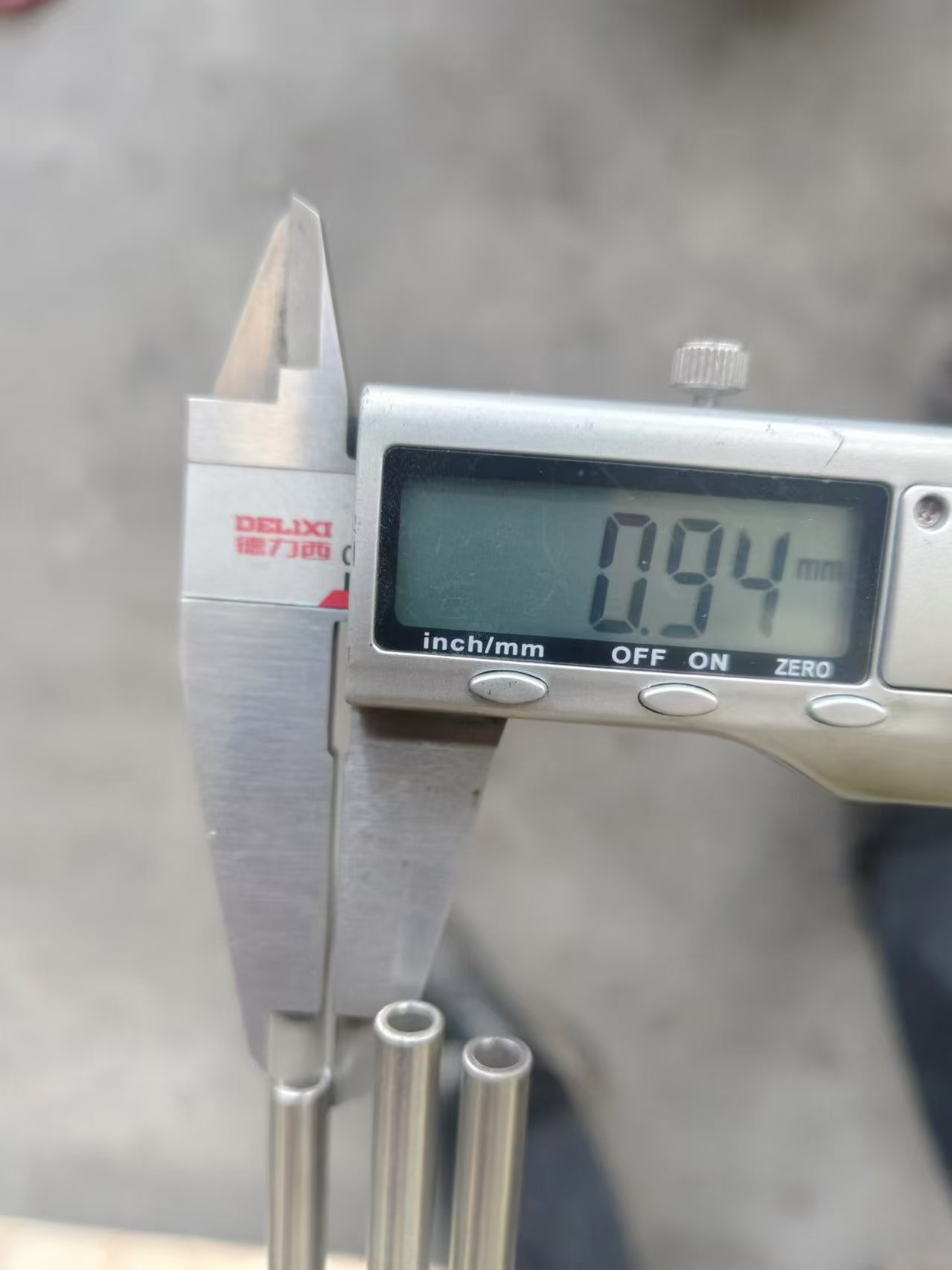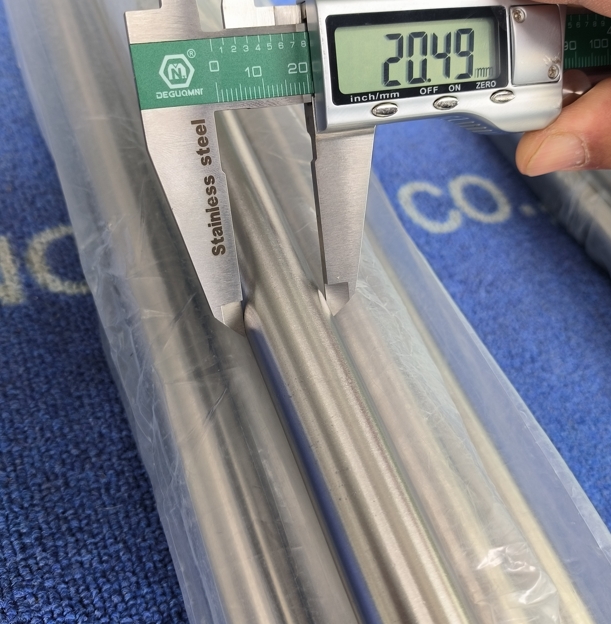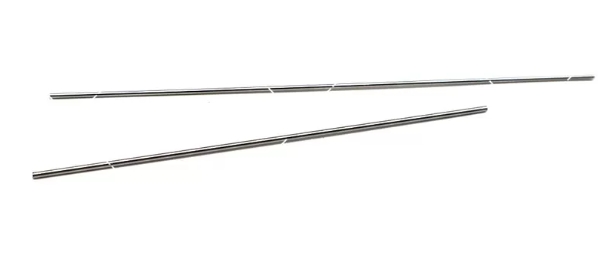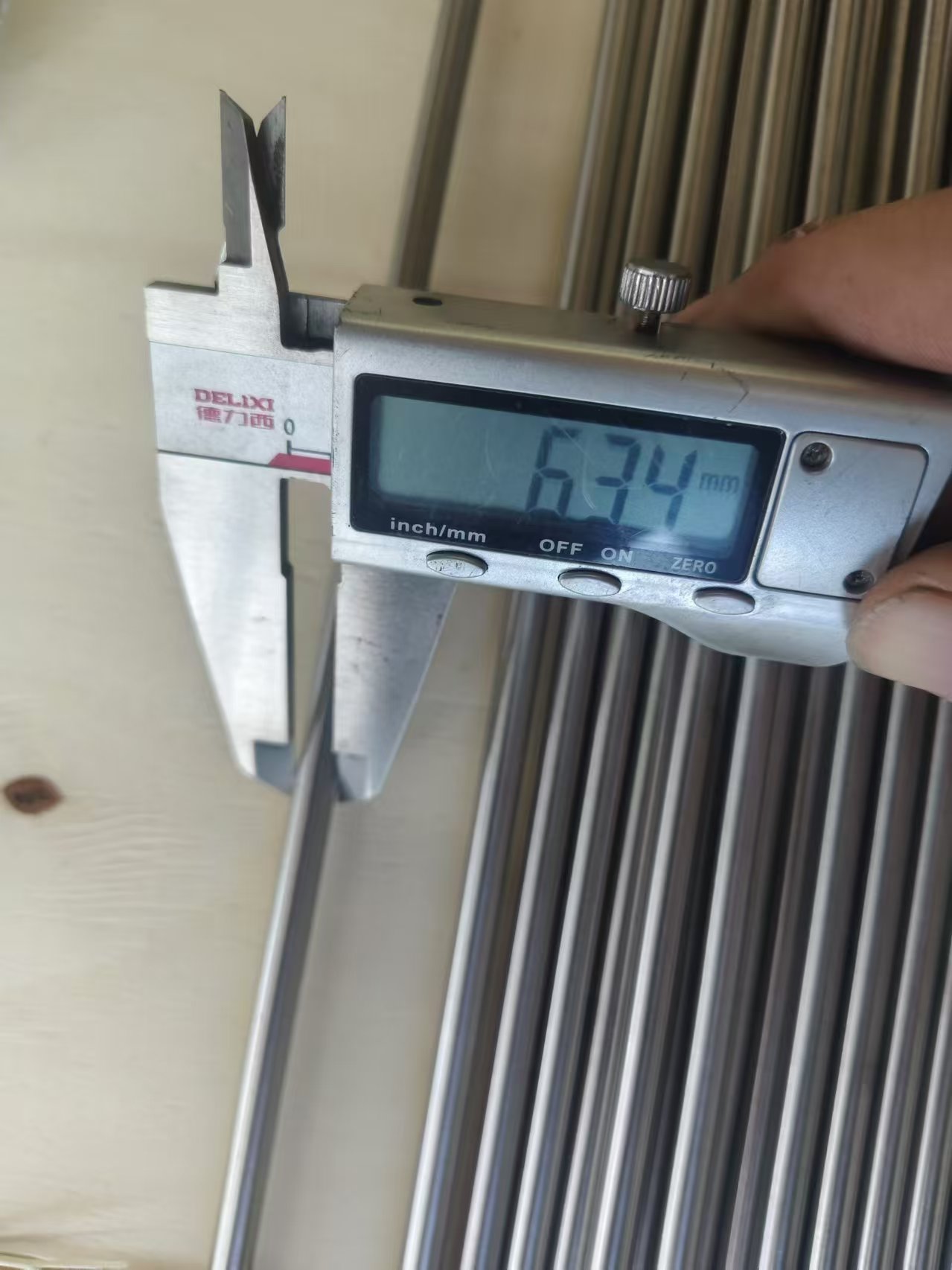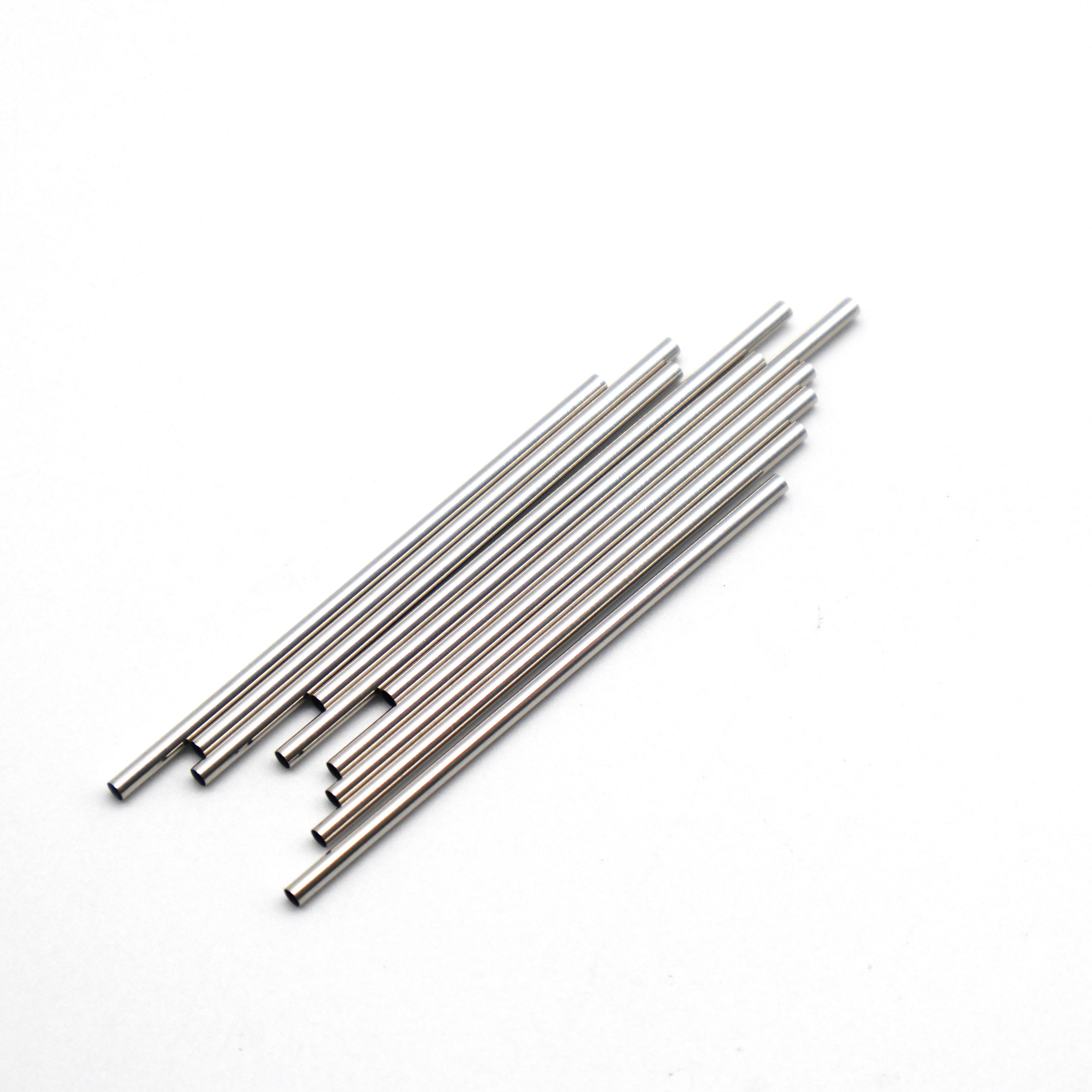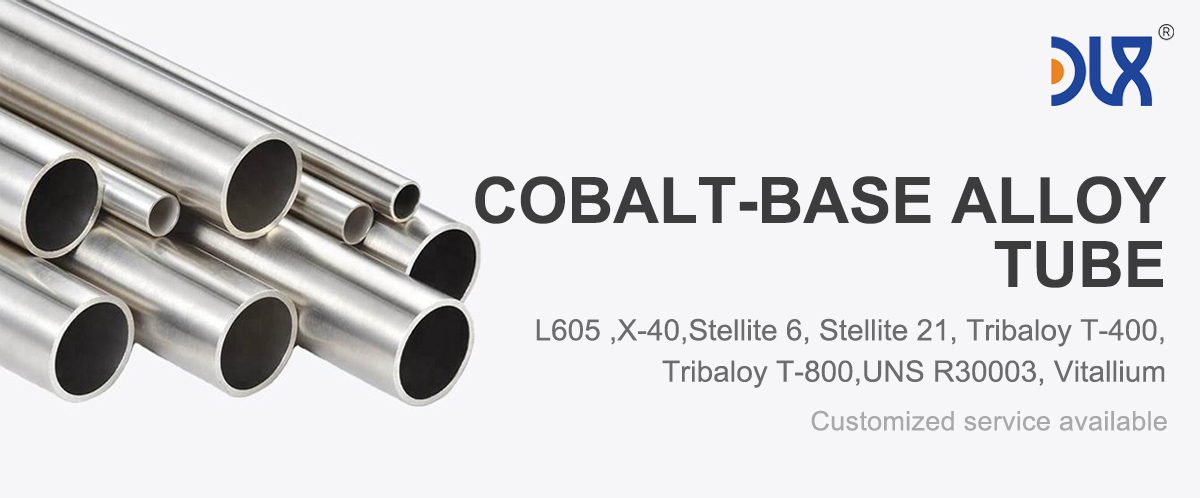
We’re pumped to talk about our corrosion-resistant cobalt chromium tubing, a powerhouse material built for the extreme demands of aerospace components. As a company obsessed with delivering top-tier solutions, we’ve crafted tubing that thrives in the toughest environments, from jet engines to structural parts. This article dives into what makes our cobalt chromium tubing a game-changer, explores its applications, breaks down industry trends, and shows why we’re the go-to choice for aerospace engineers.
For more details, pls directly contact us.
Our corrosion-resistant cobalt chromium tubing is designed to handle the brutal conditions of aerospace applications. Made from premium cobalt-chromium-molybdenum (CoCrMo) alloys, like those meeting ASTM F1537 or L605 standards, these tubes boast tensile strengths up to 1450 MPa and can withstand temperatures pushing 1000°C. They’re perfect for turbine blades, exhaust systems, and other critical components that need to perform under extreme heat and stress.
The secret? A carefully balanced alloy mix—27–30% chromium, 5–7% molybdenum, and trace elements like carbon. Chromium forms a tough oxide layer (Cr2O3) that laughs in the face of corrosion, even in salty or chemically aggressive environments. Molybdenum adds strength and fatigue resistance, ensuring our tubes hold up through countless flight cycles. We use cutting-edge manufacturing, like seamless forging and additive manufacturing, to produce tubes with pinpoint precision and flawless surfaces, tailored to your exact specs.
Every tube is rigorously tested to meet aerospace standards, like those from the FAA and EASA, ensuring reliability in mission-critical applications. Whether you need thin-walled tubing for intricate engine parts or thicker tubes for structural components, we deliver customized solutions that perform. Our focus on quality and precision makes our tubing a trusted choice for the skies.
Cobalt-Chromium Alloy Parameters Table
|
Parameter |
Typical Value/Range |
|---|---|
|
Chemical Composition |
Cobalt (Co): 60-70% |
|
Density |
8.3-8.5 g/cm³ |
|
Melting Point |
1250-1450°C |
|
Hardness (Rockwell) |
Soft: 20-30 HRC |
|
Tensile Strength |
800-1200 MPa (depending on alloy and heat treatment) |
|
Yield Strength |
500-900 MPa |
|
Young's Modulus |
200-230 GPa |
|
Elongation |
10-20% |
|
Corrosion Resistance |
Excellent, resistant to acids, alkalis, saline, and high-temperature oxidation |
|
Biocompatibility |
Good, widely used in dental restorations and orthopedic implants |
|
Wear Resistance |
Excellent, suitable for high-wear environments like cutting tools, turbine blades |
|
High-Temperature Resistance |
Maintains performance up to 600-800°C, ideal for aerospace engine components |
|
Processing Methods |
Precision casting, 3D printing, CAD/CAM, laser cladding |
|
Typical Applications |
Dental prosthetics (e.g., crowns, frameworks), aerospace parts, turbine blades, oil drilling rods, medical implants |
Cobalt chromium alloys are a beast in aerospace, and here’s why. Their tensile strength (900–1450 MPa) and high hardness (550–800 MPa) make them ideal for components that face intense mechanical stress, like turbine blades spinning at thousands of RPMs. They’re also incredibly wear-resistant, which means they can handle the constant abrasion in high-speed environments without breaking down.
Corrosion resistance is a standout feature. The chromium content creates a passive oxide layer that protects against oxidation and corrosion, even in the harsh conditions of jet engines or coastal flights. This ensures components last longer, reducing maintenance costs and downtime. Plus, cobalt chromium’s ability to maintain strength at high temperatures—up to 1000°C—makes it a top pick for parts exposed to extreme heat.
One downside? Its hardness makes machining a challenge compared to titanium or stainless steel. That’s where our expertise shines. We’ve invested in advanced machining and 3D printing tech to deliver precise, high-quality tubing without jacking up costs. It’s a tough material, but we’ve got it dialed in.
Applications: Where Our Tubing Takes Flight
Our cobalt chromium tubing is a star in aerospace, but its versatility makes it a winner in other fields too. In aerospace, it’s used for:
-
Turbine Blades: Our tubing’s high-temperature strength and wear resistance make it perfect for blades in jet engines, where reliability is critical.
-
Exhaust Systems: Its corrosion resistance handles the extreme heat and chemical exposure of exhaust components.
-
Structural Components: From landing gear parts to airframe supports, our tubing provides the durability needed for heavy loads.
Beyond aerospace, our tubing shines in:
-
Medical Implants: Its biocompatibility makes it ideal for orthopedic and cardiovascular devices, like hip replacements and stents.
-
Petrochemical: In oil and gas, our tubing resists corrosion from harsh chemicals, ensuring reliable piping.
-
Jewelry: Its durability and wear resistance make it a premium choice for high-end rings and accessories.
Industry Analysis: What’s Driving the Market?
The cobalt chromium tubing market is soaring, with a projected value of around $500 million in 2025 and a growth rate of 5–12.5% through 2033. We’re leading the charge, meeting the rising demand for high-performance materials. What’s fueling this growth?
The aerospace industry is a major driver. With global air travel rebounding and demand for fuel-efficient, high-performance aircraft on the rise, the need for durable materials is skyrocketing. Military and commercial aviation programs, especially in North America and Asia-Pacific, are pushing for lighter, stronger components, and our tubing fits the bill.
Technology is changing the game too. Additive manufacturing, like selective laser melting, lets us create complex geometries for turbine blades and engine parts with better efficiency. We’re also seeing a push for advanced coatings that enhance corrosion resistance and thermal stability, a trend we’re incorporating into our R&D. These innovations are making aerospace components more reliable and cost-effective.
Challenges include high raw material costs for cobalt and chromium, which can squeeze margins. Stringent aerospace regulations, like AS9100 certification, add complexity too. Competition from Titanium Alloy s (lighter) and stainless steel (cheaper) is a factor, but cobalt chromium’s unmatched strength and corrosion resistance keep it ahead for high-performance applications. We’re leveraging these advantages to stay competitive.
North America and Europe dominate the market with their established aerospace industries, but Asia-Pacific is gaining fast, with countries like China and India investing heavily in aviation. We’re expanding our presence to tap into these growing markets.
Comparison Parameters Table
|
Parameter |
Titanium Alloy Tube |
Stainless Steel Tube |
|
|---|---|---|---|
|
Tensile Strength (MPa) |
900–1450 |
800–1100 |
500–1000 |
|
Corrosion Resistance |
Excellent |
Very Good |
Good |
|
High-Temperature Strength |
Excellent |
Good |
Moderate |
|
Wear Resistance |
Excellent |
Good |
Moderate |
|
Density (g/cm³) |
8.3–8.9 |
4.5 |
7.8–8.0 |
|
Machinability |
Difficult |
Moderate |
Moderate |
|
Cost |
High |
Moderate |
Low |
|
Primary Applications |
Aerospace, medical implants |
Aerospace, medical implants |
General industrial, medical |
Our corrosion-resistant cobalt chromium tubing sets us apart because we’re all about precision, quality, and innovation. We use advanced techniques like 3D printing and seamless forging to deliver tubes with tighter tolerances and fewer defects than traditional methods. That means you get reliable, high-performing components every time.
We prioritize performance in extreme conditions. Our alloys are formulated to maximize corrosion resistance and high-temperature strength, ensuring your aerospace components last longer and perform better. Every tube is tested to exceed industry standards, like those from SAE and ASTM, so you can trust them in critical applications.
Flexibility is a big deal for us. Whether you need micro-tubing for intricate engine parts or larger tubes for structural components, we customize to your exact needs. Cobalt chromium’s hardness can make machining tough, but our state-of-the-art equipment and expertise deliver flawless results without inflating costs.
We’re also ahead on industry trends. Our R&D team is exploring new alloy compositions and advanced coatings to boost performance, keeping us at the forefront of aerospace innovation. From next-gen turbine designs to lightweight structural parts, we’re ready to support your vision.
Looking Ahead: The Future of Cobalt Chromium Tubing
The future of cobalt chromium tubing is bright, and we’re excited to lead the way. As additive manufacturing evolves, we’re pushing the limits with more complex, lightweight designs for aerospace applications. The demand for fuel-efficient aircraft is driving innovation in high-performance materials, and our tubing is at the forefront.
Sustainability is a priority too. We’re optimizing our processes to cut waste and energy use, aligning with eco-conscious aerospace initiatives. With the global aerospace market set to keep growing, we’re scaling up while staying true to our commitment to quality.
Wrapping It Up
Our corrosion-resistant cobalt chromium tubing is a game-changer for aerospace components, offering unmatched strength, corrosion resistance, and high-temperature performance. From turbine blades to structural parts, it’s the go-to choice for engineers and extends to medical, petrochemical, and jewelry applications. Backed by our advanced manufacturing, rigorous testing, and innovative approach, we’re delivering tubing that exceeds expectations. Whether you’re building the next generation of jet engines or durable industrial components, our cobalt chromium tubing has you covered.
For more details, pls directly contact us.
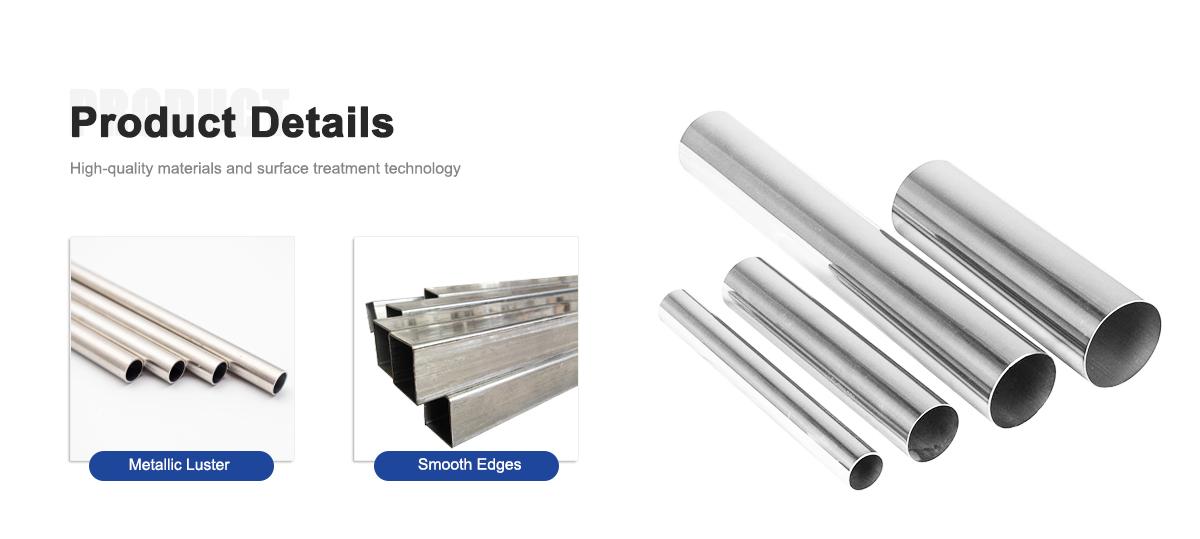
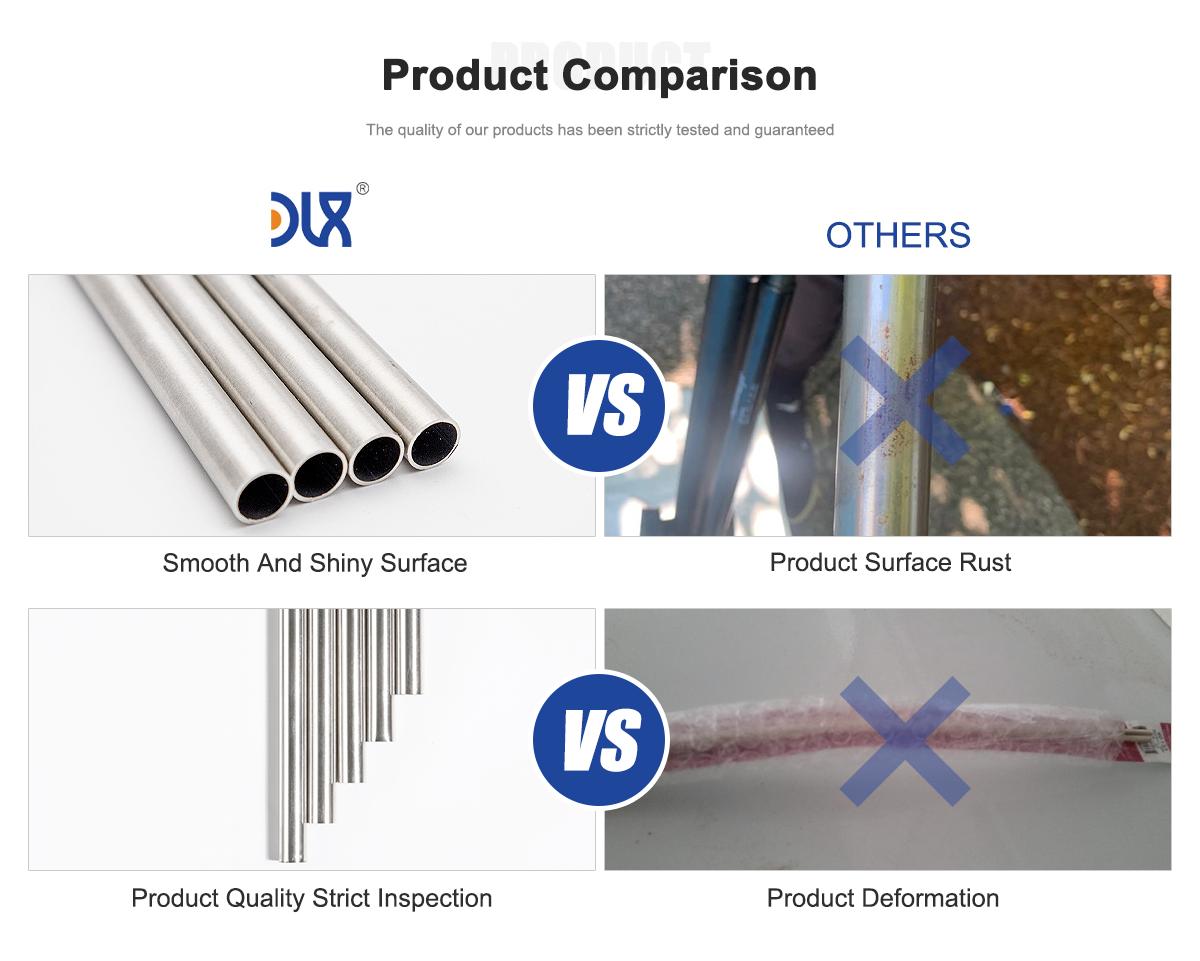
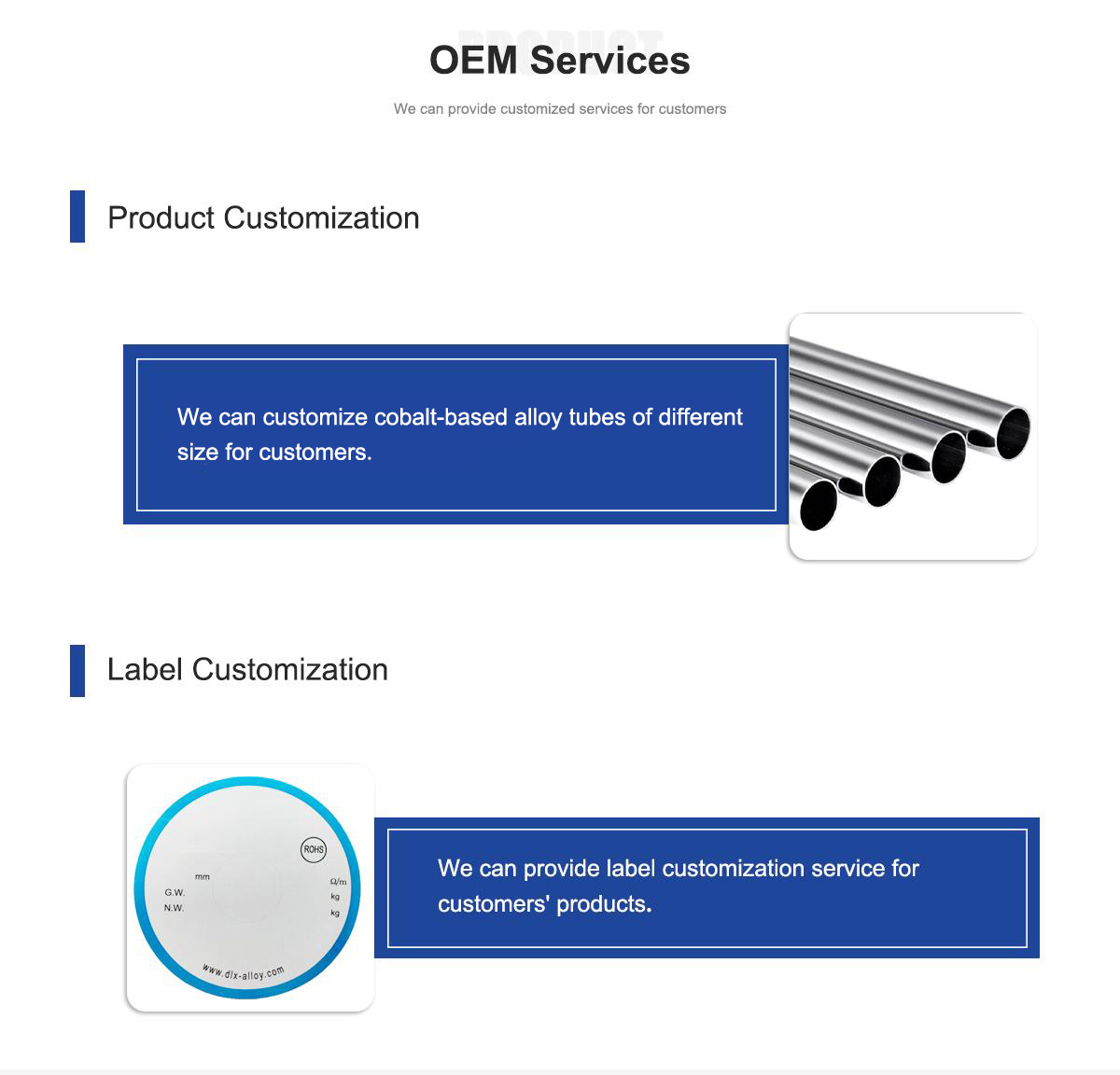
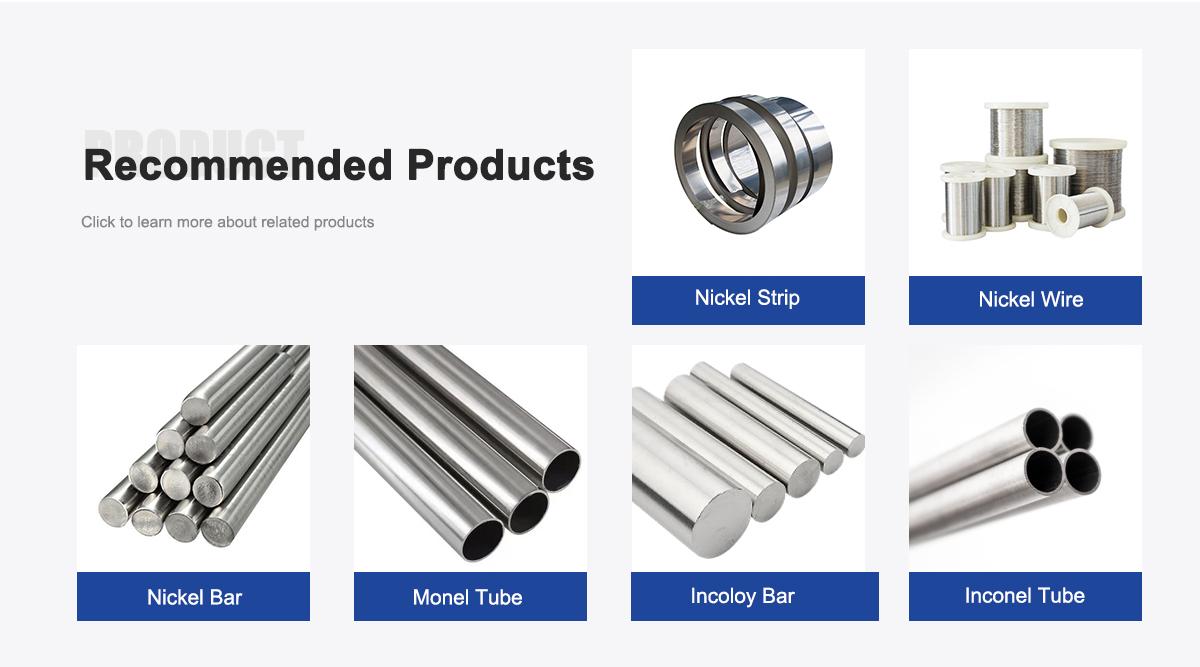
About Us:
Our 12,000㎡ factory is equipped with complete capabilities for research, production, testing, and packaging. We strictly adhere to ISO 9001 standards in our production processes, with an annual output of 1,200 tons. This ensures that we meet both quantity and quality demands. Furthermore, all products undergo rigorous simulated environment testing including high temperature, high pressure, and corrosion tests before being dispatched, ensuring they meet customer specifications.
For all our clients, we offer timely and multilingual after-sales support and technical consulting, helping you resolve any issues swiftly and efficiently.
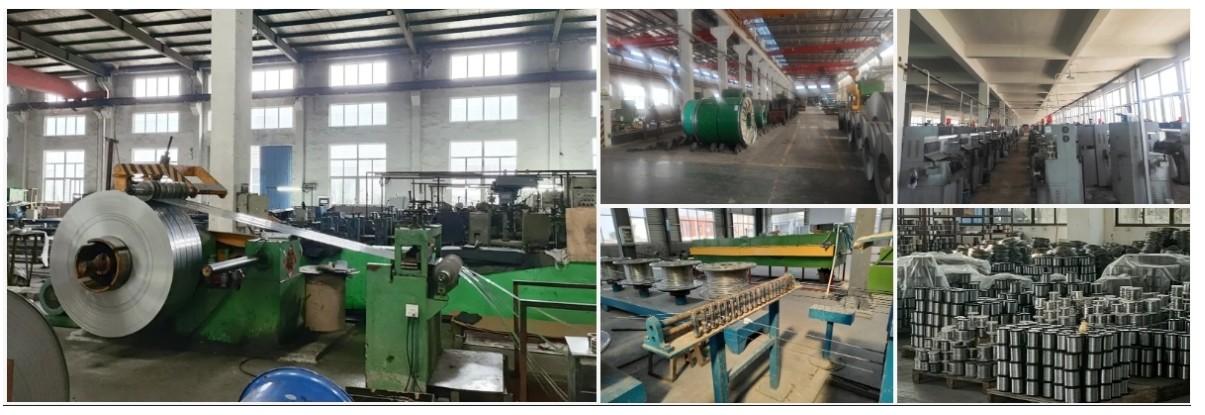
Client Visits
Building Stronger Partnerships
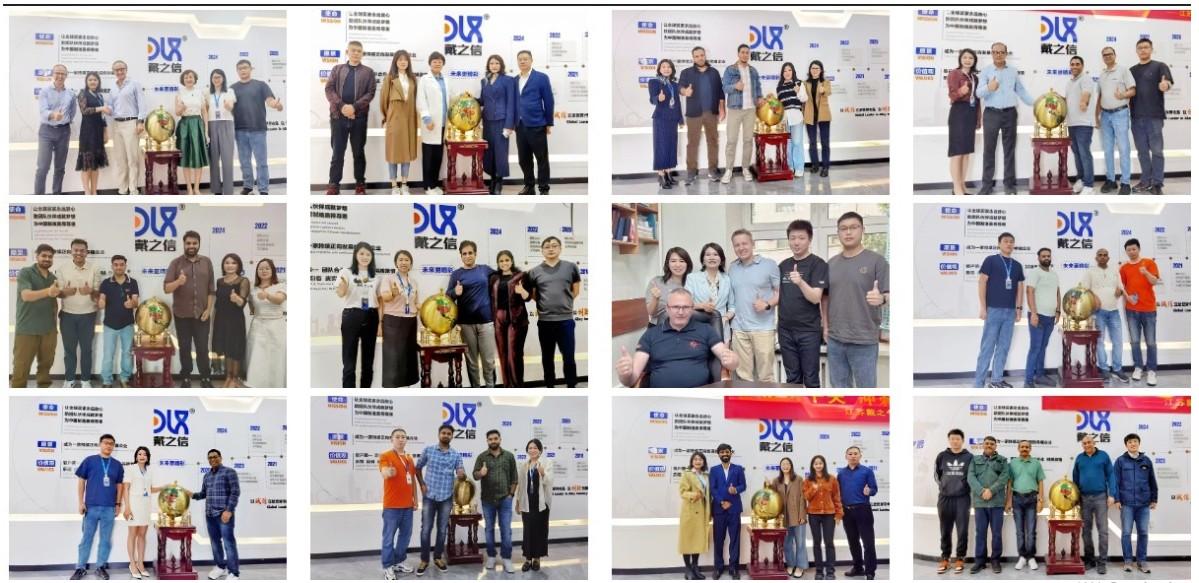
We support all kinds of testing:
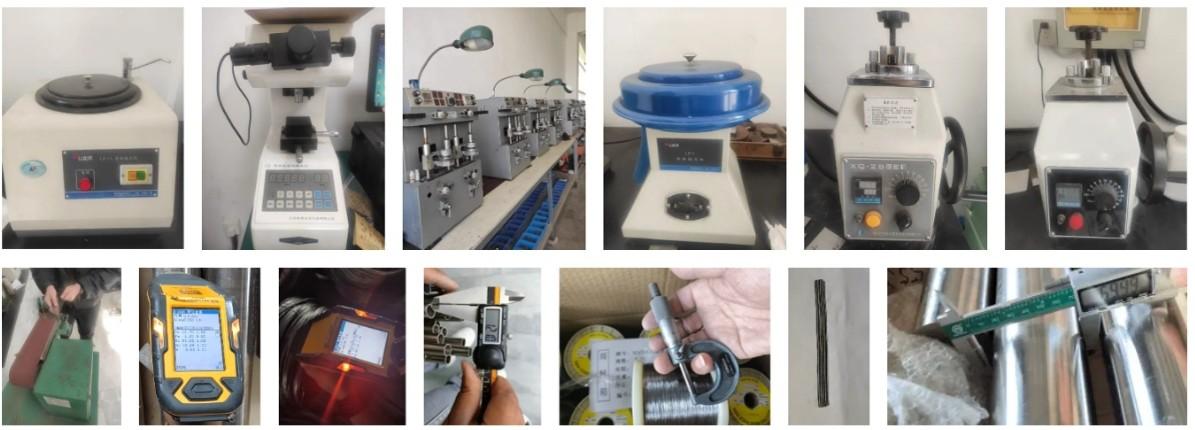

FAQs:
-
What is corrosion-resistant cobalt chromium tubing used for in aerospace?
It’s used for turbine blades, engine components, and structural parts due to its high strength and resistance to harsh environments. -
Why is cobalt chromium tubing ideal for aerospace applications?
Its excellent corrosion resistance, high-temperature strength, and durability make it perfect for extreme aerospace conditions. -
What are the key properties of corrosion-resistant cobalt chromium tubing?
Tensile strength of 900–1450 MPa, superior corrosion resistance, high hardness, and excellent fatigue resistance. -
How is cobalt chromium tubing manufactured for aerospace?
Through seamless forging, precision casting, or additive manufacturing like selective laser melting for high accuracy. -
Can cobalt chromium tubing withstand high temperatures in aerospace?
Yes, it maintains strength and stability at temperatures up to 1000°C, ideal for jet engine components. -
What other industries use corrosion-resistant cobalt chromium tubing?
Medical for implants, petrochemical for piping, and jewelry for durable designs. -
What challenges come with using cobalt chromium tubing in aerospace?
High material costs and difficult machining due to its hardness can increase production expenses. -
What are the latest trends in cobalt chromium tubing for aerospace?
Advances in 3D printing for complex parts, improved alloy formulations, and coatings for enhanced performance.

